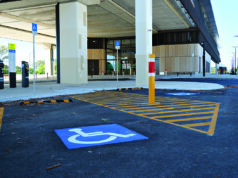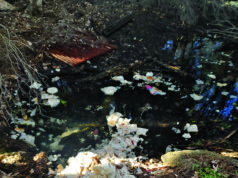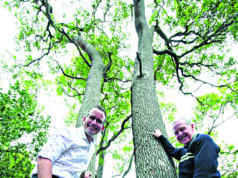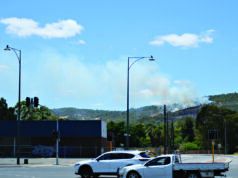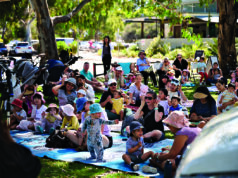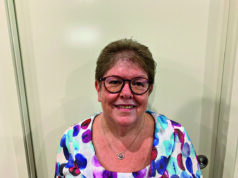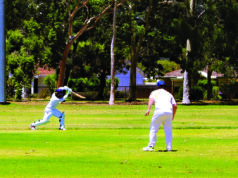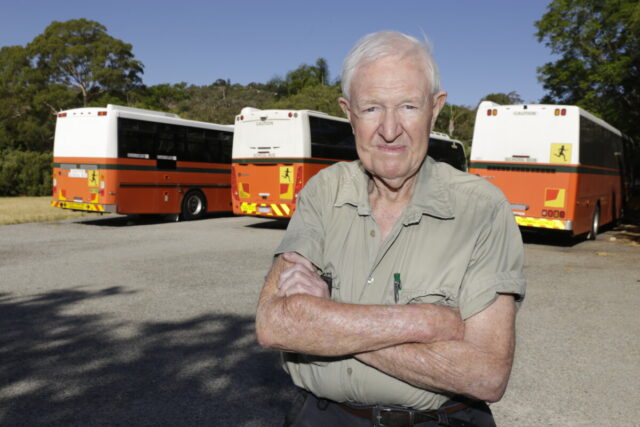
Arthur McHugh’s orange bus has been picking up and dropping off school kids from Jarrahdale to Kelmscott for the past 37 years.
He and his drivers know each child by name – they have their assigned seats and if they don’t jump on the bus, their parents get a quick call to check on their whereabouts.
It’s all part of the service, and Arthur understandably has taken a great deal of pride in providing the service for nearly four decades.
But this year, there will be no more orange bus; it will be replaced by green and silver buses – route 253 – as Perth’s suburban creep swallows up formerly regional communities, and the Transperth network expands to encompass those growth areas.
Arthur’s longstanding contract was officially cancelled on December 14.
“It was not a very happy Christmas for our family this year,” he said.
Transperth spokesperson David Hynes said the decision to cancel the contract followed a 2020 review of the Perth Public Transport Area boundaries.
“We found that the Transperth timetabled services were operating with significant excess capacity because they were largely replicated by the free ‘orange’ school buses,” he said.
When he spoke about the issue in 2021, he was adamant it wasn’t a cost-cutting exercise.
But when the government tried to remove the orange bus from Jarrahdale back in 2021, an impassioned and sustained campaign from affected families and community members triggered a review.
The chair of the inquiry Lisa O’Malley MLA noted two opposing but equally important features in the conflict about school bus services: “that it delivers a service which is highly valued by those who have access to it and this service is delivered at a cost to government”.
She said that during the 2021-22 financial year it was found that the subsidy given to each rural student attending a mainstream school through the School Bus Service was $4216.
“While some parents believe the government is responsible for transporting their children to school, the government’s intention is ‘to provide a reasonable level of transport assistance’ equitably and efficiently,” she said.
Parents sending their children to school by public transport currently outlay $280 per year, per child, on fares.
The state government tabled the inquiry’s ‘Bus Fair’ report in late 2022, which came with a number of recommendations.
One of these was that a grace period of 12 months should be applied before the termination of a school bus service.
That grace period ended in December last year for the Jarrahdale service.
Despite the warning this time around, it hasn’t made the pivot to the public transport system any easier for the 100-or-so affected students, their parents, or Arthur McHugh.
Arthur is ropable that his “evergreen” Metropolitan Fringe Contract has been “severed” without any compensation.
“These public service grubs have taken away our livelihoods without giving us one red cent, or one second thought,” he said.
“If they’re going to rescind our contract, we should be compensated for its commercial market value. All we want is a pay-out of good will.”
He said he will be taking this matter further: “I won’t lay down, I’ve got too much at stake”.

But he’s also just as concerned for the affected families he’s grown so fond of.
“Parents are jumping up and down because there’s no seatbelts on these buses which will be driving on rural roads, and into heavy traffic along the South Western Highway,” Arthur said.
“And I bet you those services will be chock-a-block, with kids standing in the aisles.
“Part of our contractual agreement was to make sure that all children were seated and wearing their seatbelts. Why is that no longer important now that Transperth is taking over?”
Transperth spokesperson David Hynes said the green and silver buses were “designed to safely carry sitting and standing passengers during morning and afternoon peak periods when patronage numbers are at their highest, including the many students who also travel during this period”.
“Consistent with all public transport systems around the world, no Transperth buses have seat belts, but tens of thousands of Perth students use them to get to and from school each day without this being an issue,” he said.
Despite knowing of the service change for 12 months, affected parents have told The Examiner that communication about the logistics of the change has been almost non-existent, leaving some confused about how best to get their children to school on January 31.
The new timetables and route changes were published on the Transperth website on Tuesday this week, but parents are still waiting to see where the new bus stops around Jarrahdale are going to be placed.
Transperth has said there will be “approximately 12 additional stops … along Jarrahdale Road and within the Chestnuts Estate on Atkins Street, Chestnut Road, King Jarrah Circle and Marginata Parade”. But two weeks out from the start of school and the stops still aren’t installed.
“The way they’ve handled the whole thing has been disgusting, actually,” Jarrahdale parent and founder of the Save Our Orange School Bus page Jane Scott said.
“What I’m wondering is why they haven’t put the bus stops in and got the timetable sorted earlier when they’ve had a year to do it.”
Jane also has concerns about the safety of primary school-aged kids on the public buses.
“There’ll be little kids getting on a bus with big kids and the general public. And there’s no one to make sure they get a seat. Arthur used to have booster seats for the really little ones.
“To think you’ll have little kids standing in the aisles – it’s 18kms from here to Byford.”
“It’ll be Serpentine that’ll lose their bus next, you wait.”
Margie Prevost is nervous about sending her 11-year-old from Jarrahdale to John Wollaston Anglican College in Camillo on the public system.
“I’m still not 100 percent sure my son can manage this on his own,” she said.
“And he doesn’t want to go on a public bus either.
“I don’t feel they can offer the same security, so I’m not putting my child on a service that I haven’t seen up and running. That means I’ll probably have to drive him in and pick him up, which will affect my work hours and my income.
“And I’m worried for the parents who have kids with disabilities or autism.”


